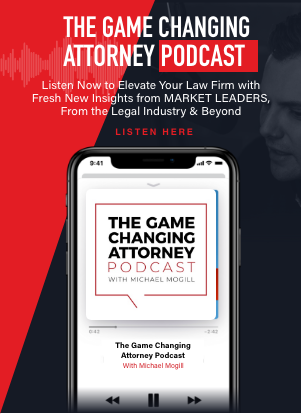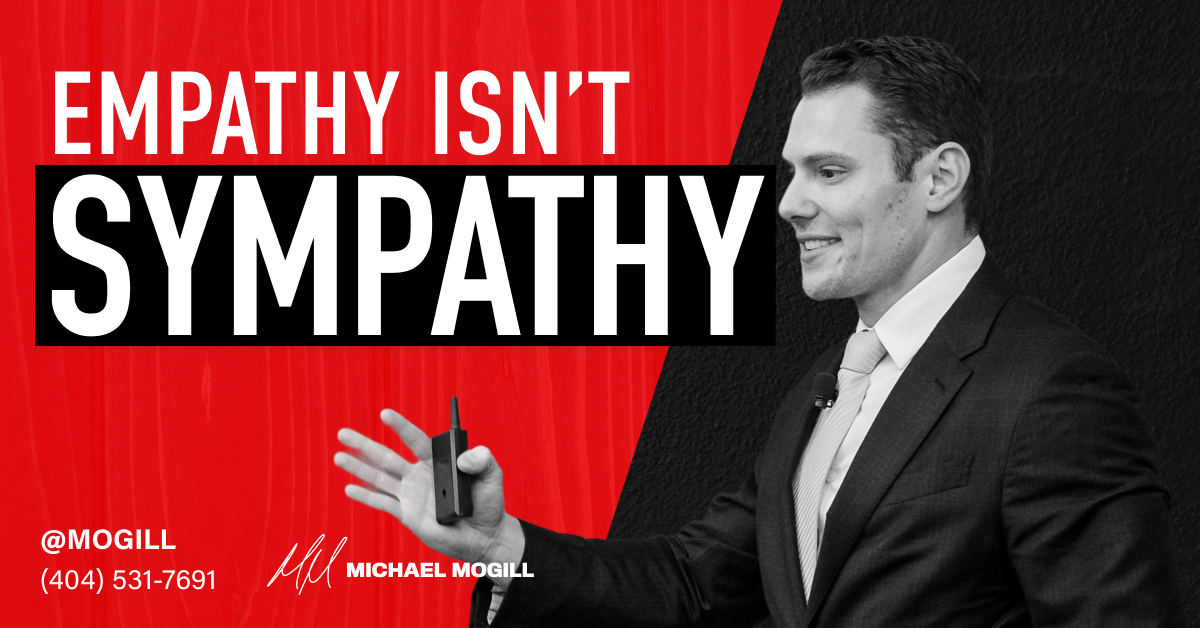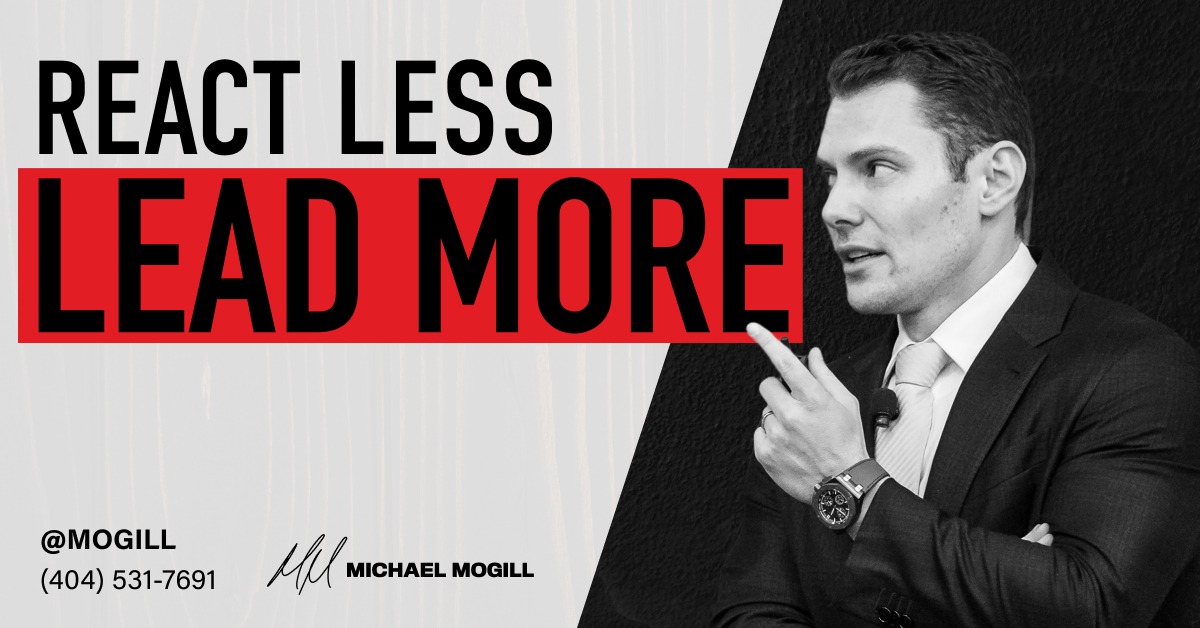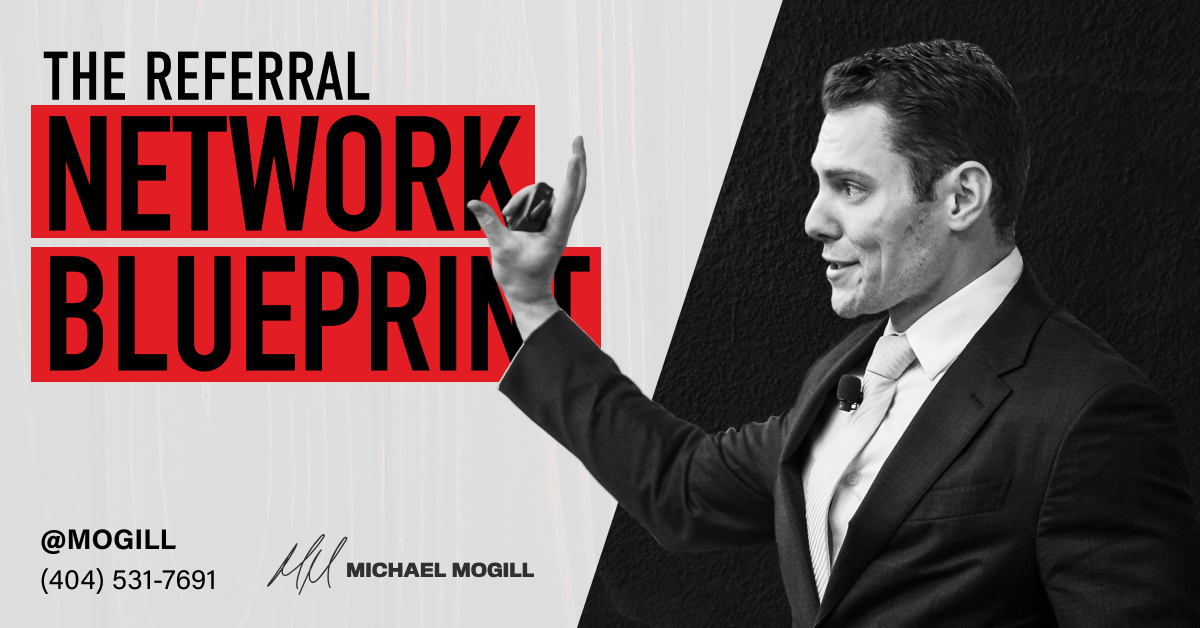At the end of the day, we are defined by our habits. Everyone has them, so the question is whether you have habits that keep you on track, or habits that keep you stuck.
Usually the habits that keep you stuck are the ones you aren’t even aware you have, while the ones that keep you on a positive, upward trajectory are ones you cultivate. Whenever we tend to get complacent, habits are the guardrails that keep us from ending up in the ditch.
In this article, I’ll share some of my habits with you, both personal and professional (although they absolutely support each other), that I’ve found are essential to my effectiveness. I’ll also discuss what good habits unlock inside us and what to do if you find yourself off track.
Whether you decide to model the habits I share, or they cause you to reflect on different habits that would improve your effectiveness, my goal is to draw attention to these secrets of success.
My Keys to Being Effective
In my own life, I journal every morning using the Miracle Morning routine that Hal Elrod created. I exercise at least three, usually four, days a week and sleep at least seven hours a night. I also start every morning with a superfood smoothie. It’s packed with all the good stuff: fruit, vegetables, protein, chia seeds, and MCT oil. I often joke that it keeps me alive.
If I did not journal, exercise, get enough sleep, or drink that smoothie, I know for a fact I’d not be as effective as I could be. Each of those habits gives me energy and starts my day off in a proactive (not reactive) way.
Habits aren’t just about what we do, though. Sometimes it’s about what we don’t do. Every week, usually on Saturday, I have a disconnect day where I focus on restorative activities like reading, cycling, or spending the day with my wife and daughter. What I’m not doing that day is working. If you try to get ahold of me, you will not succeed. I completely unplug on those days so that I roll into the next week with energy instead of dragging into the office on Monday morning.
I’ve had weeks where I’ve been traveling or we’ve had a conference and I haven’t been able to take a disconnect day, and I always feel less effective the next week as a result. This helped me understand the importance of taking a day to restore each week if I wanted to operate in my peak state. It wasn’t lazy, it was what led to better results.
The Professional Habits I’ve Cultivated
My personal habits allow me to show up at the office ready to go. Once there, I have a couple practices that I use to stay on top of what needs to get done. I have consistent meetings with different departments. In our weekly leadership meetings, we look at data review, scorecards, what’s on track and off track, and discuss any company-wide issues and challenges. We want to ensure we’re always moving in the right direction. I also have individual meetings with our team leads each week, which tells me how their team is doing, where they need support, provides me with opportunities to coach and mentor them.
It goes back to a topic I’ve written about before, which is the importance of consistent rhythms within a business. So many business owners have no rhythm because they’re reactive. There’s no plan or prioritization. They don’t manage themselves, so they don’t make progress. That’s part of the reason good habits breed success: they’re vital tools for self-management and allow you to be proactive rather than reactive.
To end each day, I have a meeting with my assistant where we prepare for tomorrow. We review the next day’s schedule to make sure it aligns with the objectives we want to hit, and then we lay out my top three priorities for the day. We also have this meeting at the end of each week, in order to review and prepare for the week I have coming up.
Discipline Yourself Before the World Does
Habits bring discipline into our lives, which is a good thing. What I’ve learned is that if you do not have habits that keep you on track personally and professionally, the world will bring upon you ungodly suffering: the stress and headaches you face will be never-ending.
I’m not saying you’ve got to be perfect. After all, we’re not robots. There are many nights where I don’t get seven hours of sleep or days when I don’t make it to the gym. It’s no big deal. It happens.
What I am saying is that you owe it yourself, your team, and those you serve to figure out what you need to do to consistently operate at peak state, then fulfill those needs by committing to those habits. If you are not cognizant of that, or you’re not taking it seriously, then you’re in for a world of pain.
Don’t Let Those Guardrails Fall Away
Tony Robbins and Jim Rohn are both known for saying, “Success leaves clues.” When you reflect on times when you succeeded or were at your best, what were you doing consistently that enabled you to succeed? Were you getting coaching? Reading consistently? Working out regularly? Networking? Getting enough sleep? Unplugging so you could recharge?
The more important question is: Which of those habits have you stopped doing? And if you’ve dropped some, how has it affected your success? If you don’t like the answer to this question, I’ve got good news for you: it’s not too late to pick that habit back up again.
If you’re already committed to good habits and seeing success as a result, don’t let complacency lead you into a ditch. Keep those habits—your complacency guardrails—in place and consider positive habits you can add. That’ll help you stay on that upward trajectory and continue to build on the good things you’re already doing.








